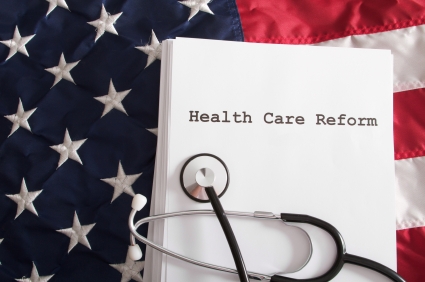Healthcare Reform and the Courts, Part 1
The Patient Protection and Affordable Care Act is over 2,700 pages long and affects virtually every aspect of healthcare delivery and its related financing (the insurance component) including Medicare, Medicaid and private insurers.|








